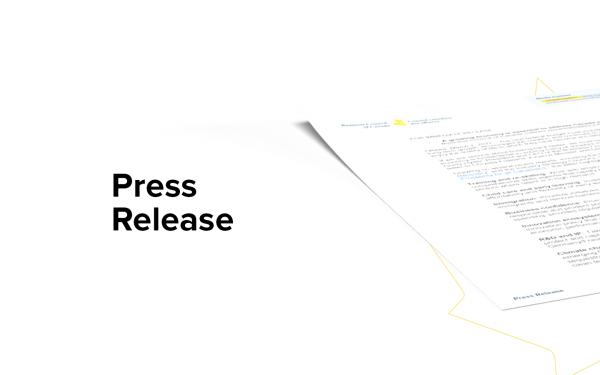Making EVs more accessible for Canadians
Bev Goodman highlights the importance of investing in EV production in North America. She shares her perspective in a press release announcing the investment of $1.2 billion to build a cathode manufacturing plant in Bécancour, Québec that will supply materials for Ford’s future EVs.
“We’re excited to invest in this new facility to create a vertically integrated, closed-loop battery manufacturing supply chain in North America designed to help make electric vehicles more accessible for millions of people over time.”
Bev Goodman, President and Chief Executive Officer, Ford Canada









